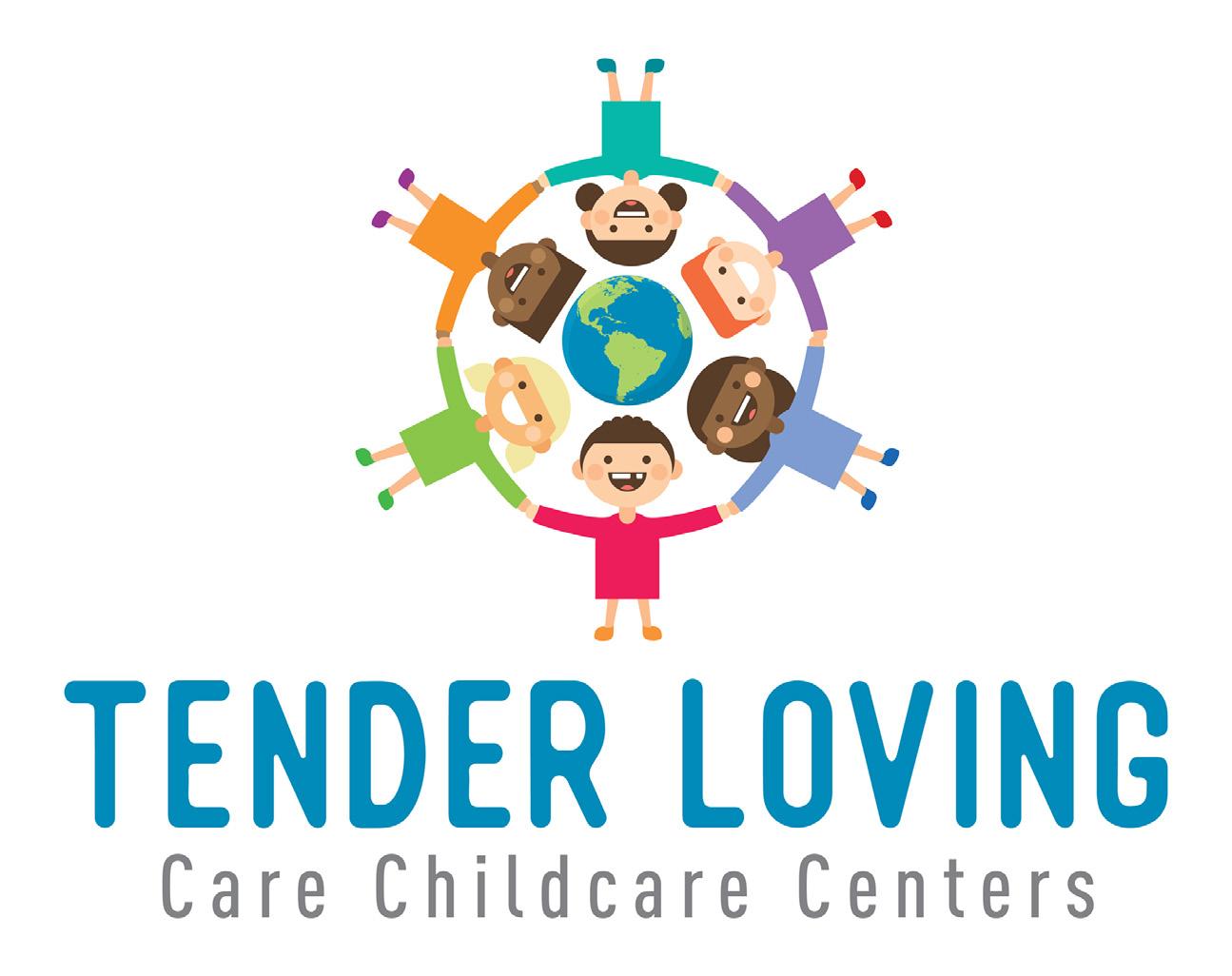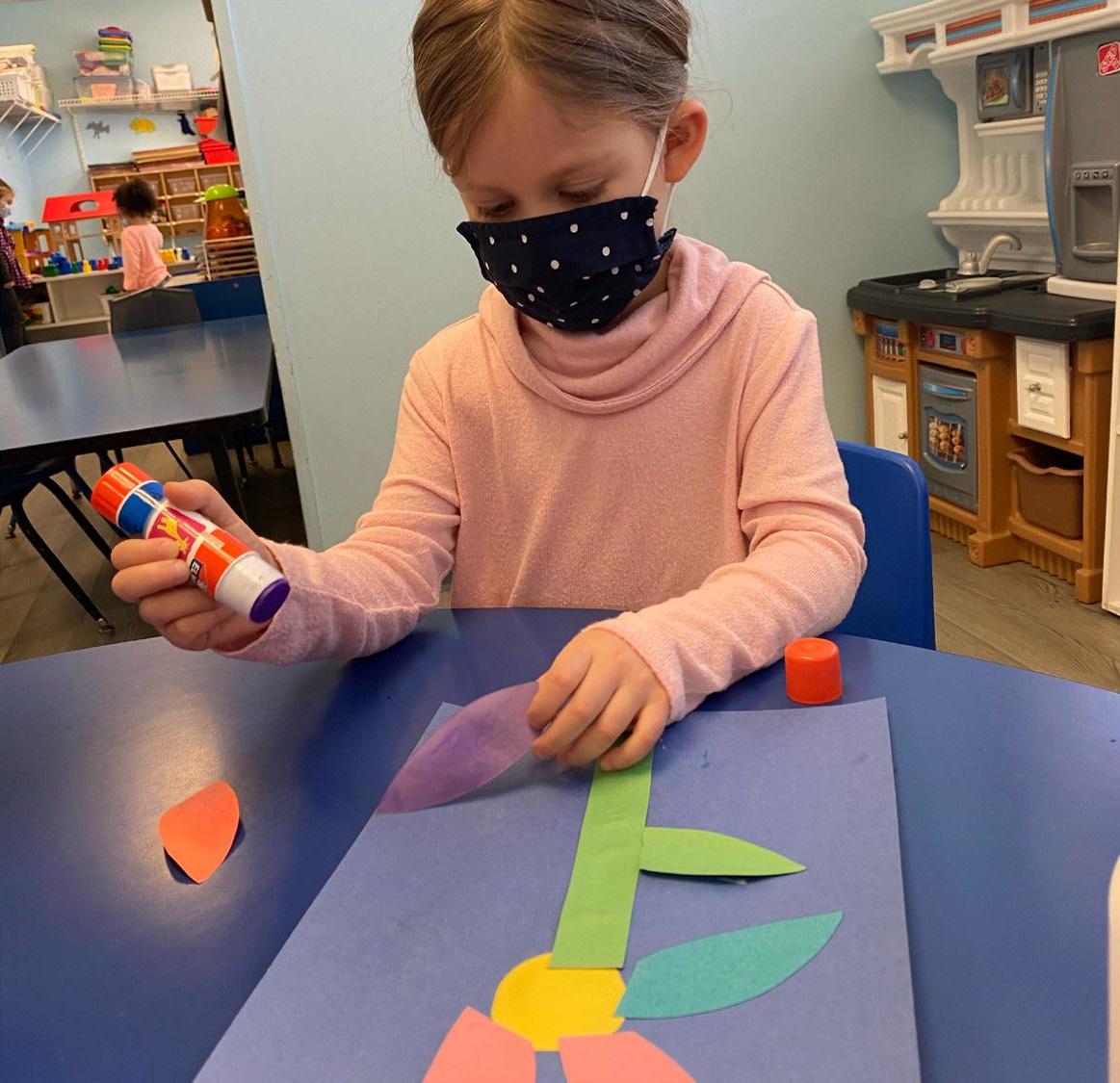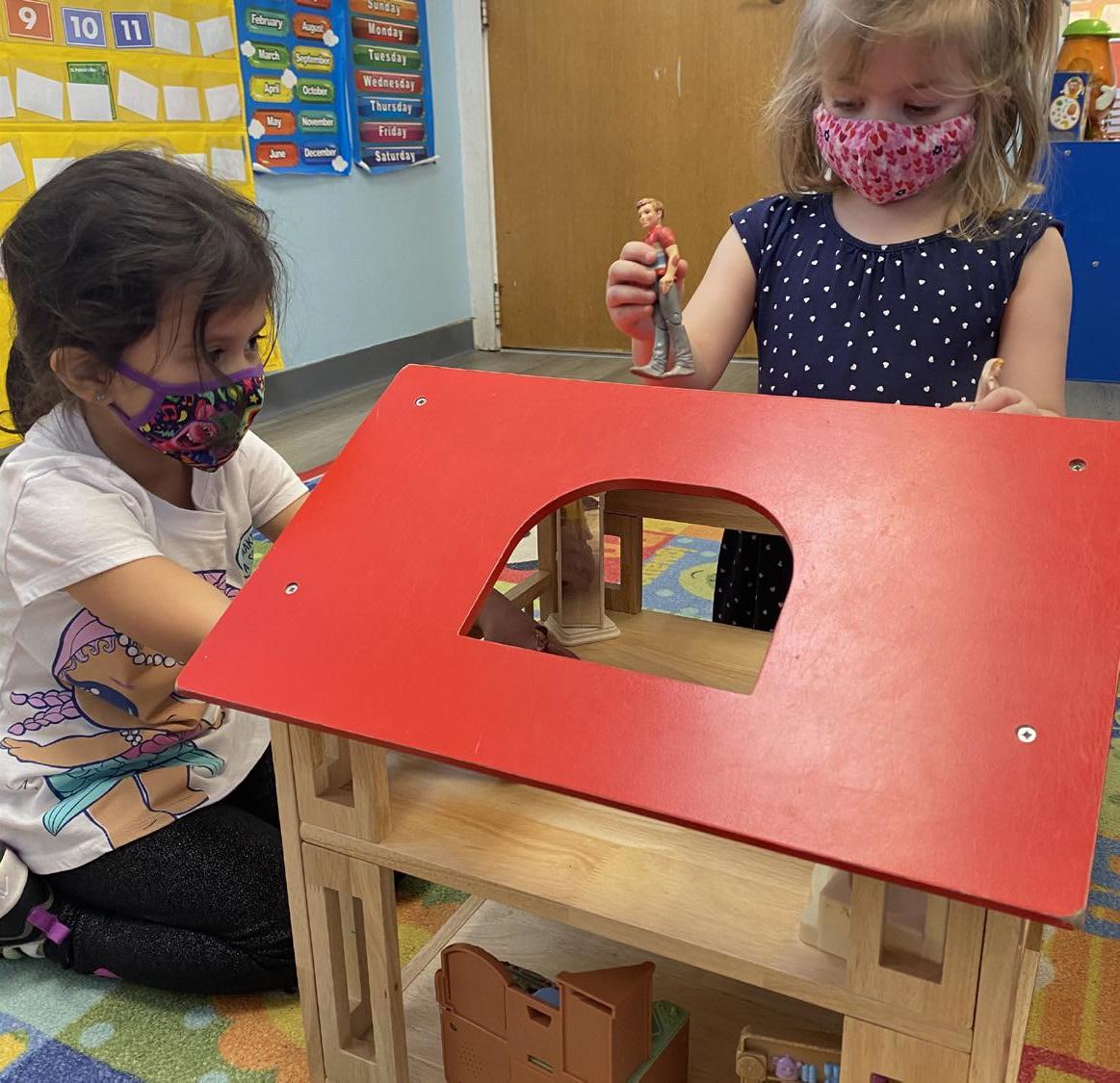
5 minute read
Early Childhood Programs
When your child is ready for daycare or preschool, you’ll want to find a place that’s both nurturing and stimulating. Here are some factors to consider when picking the right school for your child, as well as some questions to ask as you prepare for your tour.
Ready or Not?
Think about your child’s age and developmental stage. Many preschools accept children only when they’re at least 3 years old at the start of the school year, usually in September. Some preschools require children to be potty-trained and ready to “separate” from a parent, while others will work with families on both issues. Many preschools offer different schedules and options, from a two- to five-day week and half- or full-day classes, so that parents can choose which suits their schedule and comfort level.
Factor in Finances & Travel
Make a list of priorities in your preschool search. In many situations, price will be a major issue. Childcare facilities and preschools can cost between $5,000 and $30,000 a year. Check with the Massachusetts Department of Education on whether your family is eligible for state funds to help pay for preschool. Another important consideration is proximity. Driving across town to drop off your child only to pick him up three to four hours later will get old after a while. For parents who work, finding a school that offers extended-day care, year-round education or lunch programs will be essential.
Tour Several Schools
Some childcare facilities and preschools will allow you to bring children along on the tour, while others may want your undivided attention and ask you to leave the kids at home. Once there, trust your first impression of the school. Is the place clean, well lit and organized? Does the artwork look fun and creative? Many tours will be conducted after school hours, but you’ll get a much better sense of the school if you can visit while children are at play. By law, infant rooms must offer a teacher-to-student ratio of 1:3, toddler rooms a teacher-to-student ratio of 1:4, and for preschools a teacher-to-student ratio of 1:10 for full day and 1:12 for half day. But that doesn’t mean every student will thrive with that proportion. Consider your child’s personality. Can she assert herself to get the attention she needs, or will she benefit from having more teachers around?
CONTINUED NEXT PAGE >>>
Defining Preschool Philosophies
• NURSERY SCHOOLS AND PRESCHOOLS can be privately or locally funded, secular or religious, and located in either private facilities or municipal buildings. Some schools operate under specific philosophies. • CHILD STUDY CENTERS at colleges and universities provide high quality education to children while offering a laboratory learning experience for college and university students. • COOPERATIVE PRESCHOOLS require parent involvement in the classroom. Parents serve as teachers’ aides for a few days per month or share in other routine tasks, such as bookkeeping and maintenance. • FULL-DAY PROGRAMS (often called “daycare”) are located in an individual provider’s home or in a separate childcare center. • FULL-YEAR PRESCHOOLS offer yearlong, fullday programs in some communities with on-going enrollment. • MONTESSORI SCHOOLS use the approach that young children learn best through direct sensory experiences, such as manipulating blocks or pegboards. Teachers control the environment and the child moves from activity to activity at his own pace. • REGGIO EMILIA schools emphasize a child’s symbolic language through drawing, dramatic play and writing. Great importance is placed on the partnership between school and home, and the classroom is very child-directed. • WALDORF SCHOOLS offer plenty of opportunity for dramatic, imitative and creative play, as well as an emphasis on practical activities, such as gardening and cooking. The focus is placed on developing the child’s senses. 2021 | BostonParentsPaper.com 5
When looking at childcare facilities and preschools, ask yourself or the director the following questions:
The Program
• Does the program have a clear statement of its goals and philosophy? • Does it consider a child’s social, emotional and physical needs? • Is the atmosphere warm, nurturing and accepting? • Does the curriculum meet your child’s needs? • Is the content culturally diverse and free of bias? • Does the school offer a balance of individual, small-group and largegroup activities? • Do activities encourage self-expression? • Is there a balance between quiet periods and vigorous activities? • Is there a routine to most days? • Are expectations and limits clear? • What is the discipline policy? • Does the program have an up-to date state license? Is it accredited by the
National Academy of Early Childhood
Programs, a division of the National
Association for the Education of Young
Children (NAECP)? Accreditation is a voluntary self-study of staff qualifications, physical environment, curriculum, parent questionnaires and observations by the director, staff and a representative of the NAECP.
The Teachers
• What are the teachers’ qualifications? • What is the ratio of children to teachers? • Is there frequent staff turnover? • Do teachers encourage and respond to children’s natural interests? • Are they cheerful and patient? • How do the adults interact with the children and with each other?
The Setting
• Does it look safe indoors and outdoors? • Can you imagine your child in this setting? • Are the children happy, relaxed, feeling good about themselves and engaged in meaningful play? • Does the setting foster productive interactions between children? • Is there a wide variety of materials? Are they orderly and easily accessible? • Do equipment and toys encourage individual and group play and improve motor skills? • Are the walls covered with age appropriate artwork?
Parent Involvement
• Is parent involvement welcomed and encouraged? How? • Will school staff refer you to parents whose children have attended the program? ²

LEADERS IN EARLY CHILDHOOD EDUCATION
WESTWOOD CHILDREN’S SCHOOL offers NAEYC Accredited full day, full year care for infants, toddlers and preschoolers.
TOBIN SCHOOL WESTWOOD offers NAEYC Accredited full day PreK and our innovative Junior Kindergarten option.
Contact us today to learn more!
WestWood Children ’ s sChool: 781-329-7766 • WWW.WestWoodChildrenssChool.org tobin sChool WestWood: 781-329-7775 • WWW.tobinsChoolWestWood.org LEADERS IN EARLY CHILDHOOD EDUCATION

TOBIN CHILDREN’S SCHOOL NAEYC Accredited full day, full year care for infants through PreK.
THE TOBIN SCHOOL NAEYC Accredited Preschool, PreK, our innovative Junior Kindergarten, full-day private Kindergarten, and First Grade.
TOBIN AFTERSCHOOL COA Accredited warm, enriching environment for afterschool and summer care.
Contact us today to learn more!
tobin Children ’ s sChool: 508-653-6300 • WWW.tobinChildrenssChool.org the tobin sChool: 508-655-5006 • WWW.thetobinsChool.org
2019 2019
TOP 5

2020 2020
TOP 5









